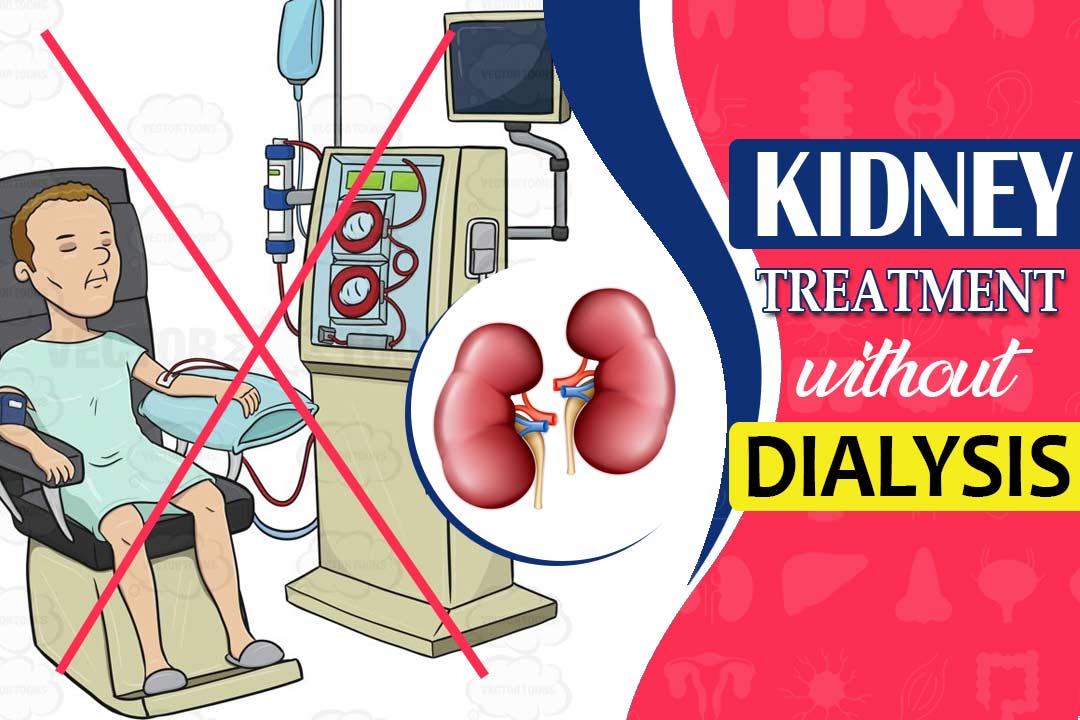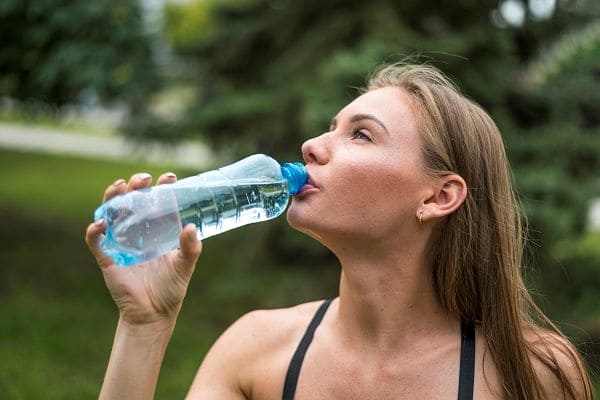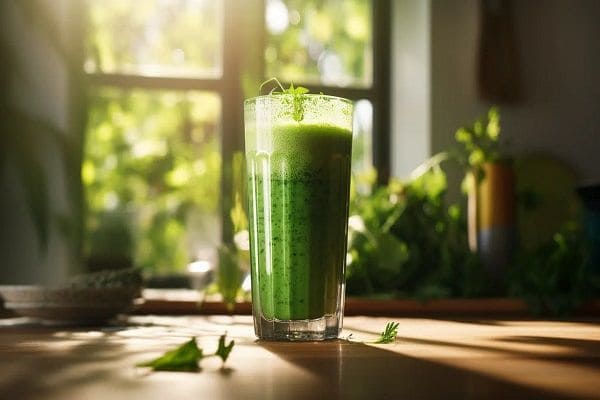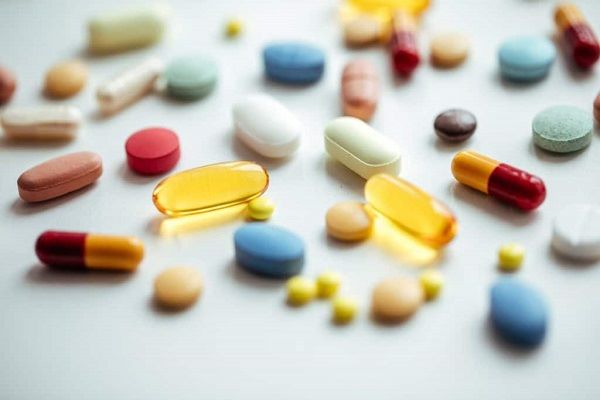
Your kidneys are a pair of sensitive organs that are located just below your ribcage. They are small in size and can perform many essential functions for your body. Some of the crucial roles played by the kidneys are as follows:
Yes, it is possible...
When your kidneys are not able to execute their roles as they usually do, waste buildup in your body and may develop several health-related diseases. There can be swelling in some parts of your body, especially in your legs. Apart from this, many other health-related problems can influence the functioning of your body. If your kidneys do not get timely treatment, then it can be life-threatening for you as it can lead to kidney failure. Kidney failure is not a permanent situation as it can be treated easily with the help of Ayurveda, and because of this therapy kidney treatment without dialysis is possible now.
There are many reasons for having renal failure, and some of them are:
If your age is over 50, and experiencing high blood pressure and diabetes, then routine checkups can help your kidneys stay healthy. The reasons mentioned are hazardous, and that is why choosing Ayurvedic kidney treatment without dialysis can prevent the situation from worsening.
Initially, kidney failure may not portray any indications, but as it advances, a few signs and symptoms are noticeable:
If you have identified more than one or two indications from the list mentioned above, then you can go for kidney treatment without dialysis just by adopting Ayurveda.
If you are a kidney failure patient, then you have two options for the therapy of your kidneys - Allopathy and Ayurveda. The allopathic treatment uses advanced technology, and on the other hand, Ayurveda utilizes natural herbs and remedies.
In allopathy, doctors will prescribe some medicines for the treatment of kidney failure initially. When these medicines fail to control your creatinine level, the doctors will suggest dialysis and a kidney transplant at last. You can get kidney treatment without dialysis just by opting for Ayurveda because these allopathic treatments cannot eradicate the root causes of the disease. No doubt, these treatments use advanced technology, but do they guarantee a permanent cure?
First, you have to understand what is dialysis, and why it is not at all profitable for your kidneys.
It is a procedure in which an artificial kidney is used to perform all the functions of your kidneys, as they did when they were healthy. In this treatment, a dialysis machine is used to filter your blood but outside your body. They also keep your body’s fluid and electrolytes proportionate when your kidneys are not working correctly. Dialysis has been practiced as a kidney treatment option since 1940. Many allopathic doctors say that dialysis is the only way left to decrease the creatinine level, but this is not true. Kidney treatment without dialysis is possible now!
Three types of dialysis are used to treat kidney patients. These types of kidney dialysis are as follows:
The most common type of dialysis that is suggested by doctors worldwide is Hemodialysis. This procedure uses an artificial kidney or hemodialyzer to remove waste and excess fluids from your blood. In this, blood is removed from your body and filtered your blood but outside your body. The filtered blood is then returned to your body with the help of the dialysis machine or artificial kidneys. For the execution of this surgery, the doctor may do surgery to create a point for vascular access into your blood vessels. This treatment usually takes three to five hours and needs to be performed three times per week. The duration of the treatment often depends upon the body size, the amount of waste accumulated in your body, and the current health condition. Risks associated with Hemodialysis:
Is performed by implanting a PD catheter or peritoneal dialysis catheter into your abdomen. The catheter is a plastic tube that is used in this surgery. This catheter helps your body filter your blood peritoneum, a membrane in your abdomen. A special fluid called dialysate also flows into the peritoneum. This fluid absorbs waste materials from your blood and is drained out from your belly. This procedure takes a few hours and needs to be performed four to six times per day. These treatments can even be performed while you're sleeping. The risk associated with peritoneal dialysis:
This treatment is used for people with acute kidney failure. This therapy is also known as hemofiltration. In this treatment, a machine is used to filter waste materials and excess water from your blood. Then your blood is returned to the body along with the replacement fluid. This procedure is needed to be performed 12 to 24 hours a day, commonly every day. The risk associated with Continuous renal replacement therapy (CRRT)
As you see these treatments are not at all safe for kidneys, and they have many health-related complexities and may even lead to the death of the kidney patient. Ayurveda provides kidney treatment without dialysis, which is 100% safe and risk-free and hazards-free. Sometimes dialysis is used as a temporary solution because your doctor is searching for a donor, who can donate his/her organ to kidney patients. Kidney transplant is the last option left for allopathic doctors to treat kidney patients, but due to its low success rates and low life expectancy rates, this therapy is not at all successful in curing kidney patients. These procedures can improve your health in a short time, but these therapies can't eliminate the root cause of the disease, that's why it can re-appear after some time.
If you are in search of kidney treatment without using any risky treatment like dialysis and kidney transplant, then you can choose Ayurveda. Ayurveda is one of the best and most effective ways to eliminate the root cause of any disease naturally. Ayurveda has been in practice in India for 5000 years. Kidney Treatment in Ayurveda not only depends upon medicines, but it also depends upon some dietary modifications that can be very useful for your kidneys.
Some of the dietary changes are as follows:

Drinking water is very beneficial for your kidneys. Drink plenty of water, but in some cases, you have to consult your healthcare provider about how much fluid you should intake.

Cranberry juice is beneficial for your kidneys. Consumption of these juices can be profitable for your kidneys.

Alcohol consumption can be dangerous for your kidneys. Avoid alcohol as much as you can.

Caffeine consumption can force your kidneys to work more for your body. Also, it can augment your blood pressure level.

These can create an obstacle for your kidneys to perform their functions fluently. Sodium is also responsible for the increase in your blood pressure level.

Protein-rich diet is dangerous to your kidneys when they are not functioning well. In kidney failure, your kidneys may leak an abnormal amount of protein from your blood in your urine. That's why your kidneys are not able to hold protein back into your kidneys. You have to avoid protein-rich foods like red meat and veggies. You should follow a low-protein diet.

They can assist your kidneys in filtering out waste materials from your body and also kill harmful bacteria from your body.

Vitamin C is a powerful antioxidant that can repair your kidney's tissues.

Parsley juice can increase the amount and frequency of urine naturally

These are rich in acid, and they can maintain the acidity in your urine.

Painkillers and other these types of medicines can be harmful to your kidneys.

You can use heat therapy to get relief from pain.
With the help of the above-mentioned dietary changes, you can improve the functionality of your kidneys. These tried and tested home remedies & dietary changes can prove Kidney treatment without dialysis is possible just with the help of Ayurvedic medication. If you are in search of the best Ayurvedic hospital for your kidneys, then karma Ayurveda can prove a better option for you. Karma Ayurveda is one such kidney care hospital that is well known for rendering the best kidney care therapy to kidney patients. Karma Ayurveda was established in 1937 with a vision for kidney patients without using any surgical treatments like dialysis and kidney transplants.

Certificate no- AH-2023-0186
JAN 05,2023-JAN 04,2026
"Ayurveda is not just a system of medicine; it's a way of life. Connect with us to embrace a lifestyle that nurtures your body, mind, and soul."
Book Consultation Now